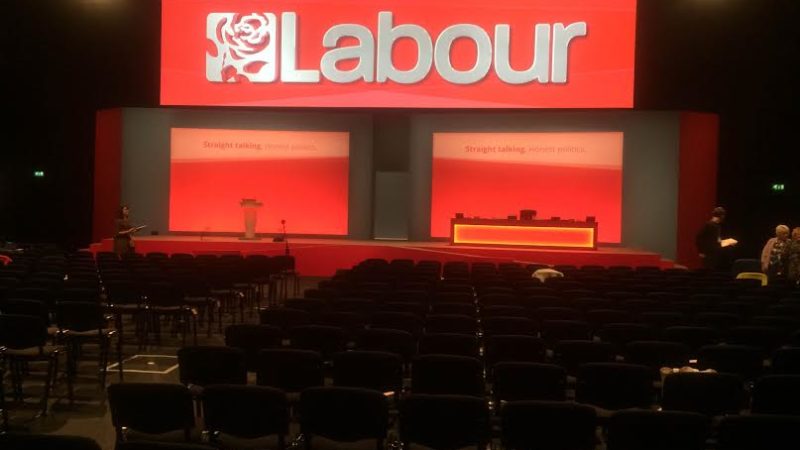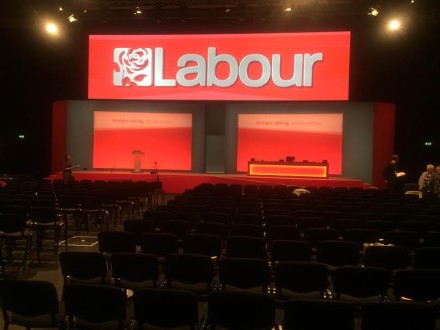
Labour looked over the brink this weekend then took a step back.
If there had been a decision to push ahead with a vote on Trident renewal at Annual Conference it could have resulted either in defeat for Jeremy Corbyn at the hands of conference floor, including three of the four largest trade unions (GMB and Unite represent the Trident workforce and USDAW also opposes unilateral disarmament), damaging his authority as Leader just two weeks into his term. Or the vote on scrapping Trident could have passed which would have ripped apart a Shadow Cabinet team that had only just been formed, caused frontbench resignations, angered the party’s main union funders, and lumbered the party with a policy stance that is a deal breaker for many swing voters, with 62% of the public opposed to it according to YouGov last week.

Instead conference delegates stayed level-headed and decided not to prioritise a debate on Trident. The appetite for a divisive battle over an issue which, far from being “contemporary” the party has repeatedly debated since the 1950s, just wasn’t there. Many delegates who on principle oppose Trident knew that a fight on this issue was the last thing the party needed straight after the leadership election.
The conference can now focus on domestic and economic issues where there is either unity or at least an acceptance that Jeremy Corbyn has a huge mandate to promote an anti-austerity agenda and test its electoral popularity.
The Trident issue revealed some weakness, confusion and poor strategising on the part of the party’s now ruling left. It is astonishing that they did not foresee that the GMB and Unite would have to oppose vehemently a policy that would destroy thousands of their members’ jobs. And astonishing that the left did not pick up the mood of delegates was not to have this debate and warn Jeremy this was the case so that he and his inner team could have briefed the media accordingly. And it is disturbing that having painfully negotiated with new Shadow Ministers to get them to serve, a red line that had been cited by many would have been casually crossed. Power means compromise and not just going all out for totemic but divisive policies just because you have always had a CND badge. Corbyn’s team need to develop a mechanism for getting the grassroots left to calm down and pick their fights more judiciously or they will face defeats at conference that won’t enhance the Leader’s reputation.
Meanwhile the party’s moderates, who had been expected to be sat in Brighton’s bars crying into their beers, were reinvigorated by the prospect of a vote on an issue they care passionately about, and came out fighting. For the first time in 15 years there was a moderate leafleting operation informing delegates as they arrived at conference alongside the left’s “yellow pages”. The Labour First network of moderates I am secretary of hasn’t bothered to hold a fringe meeting since the 1990s. We booked a room over a pub expecting 20 people to turn up. 200 people arrived and we had to turn it into an open air rally in the street outside, with speakers including Tom Watson and Yvette Cooper. It isn’t just the left of the party who can do movement politics and fire up passion about politics – the leadership election has left the whole spectrum of Labour’s internal politics revitalised.
Next year, now that it is clear that conference is again the stormy forum where Labour will decide its direction, not just a fun week by the seaside being lectured by frontbenchers, I expect that CLPs up and down the country will see hotly contested elections to be a conference delegate. No one has seriously organised to actually get people elected as delegates for decades. Both left and moderates will now. I think that’s very exciting, very democratic, and a welcome development.




More from LabourList
‘The Sherriff of Wild Westminster: what must change in elections bill’
‘The hope that kills you’: Reflections from the final day in Gorton and Denton
MPs, union leaders and organisations react to ‘bruising’ Gorton and Denton result